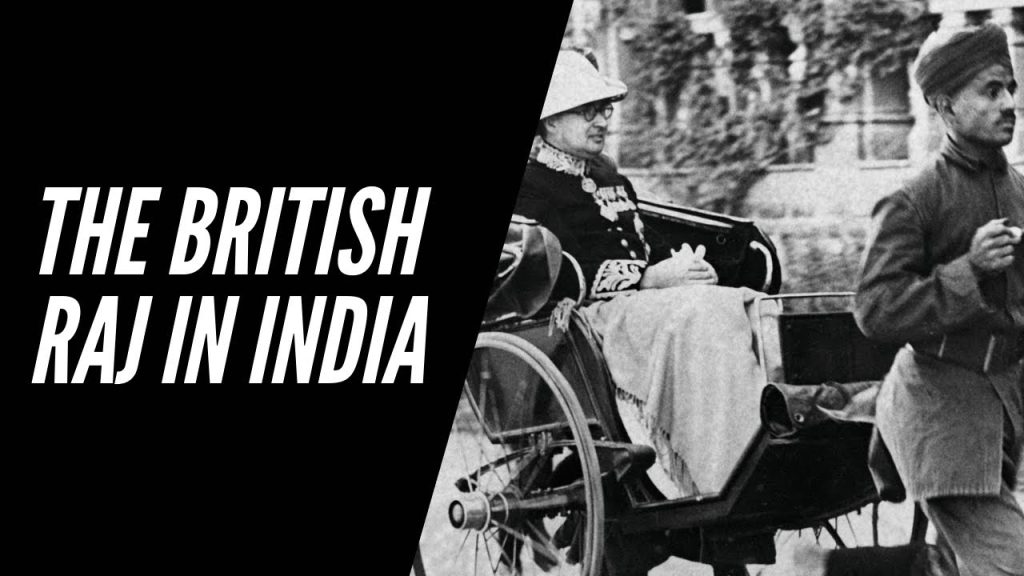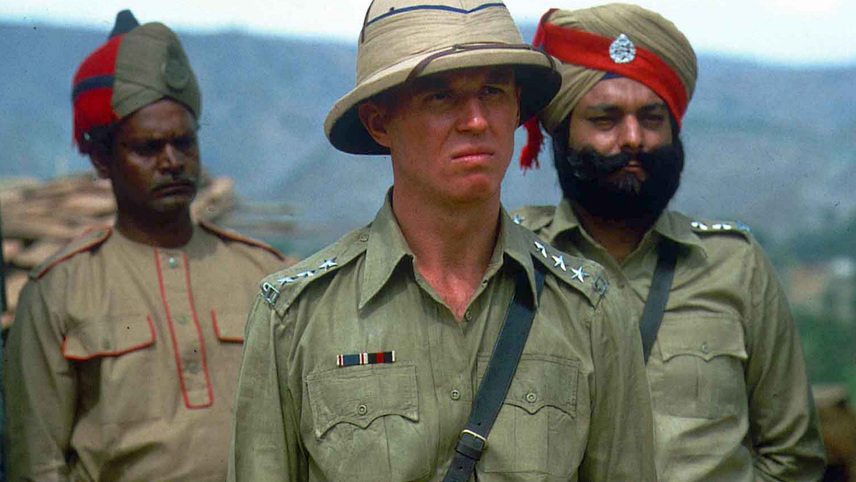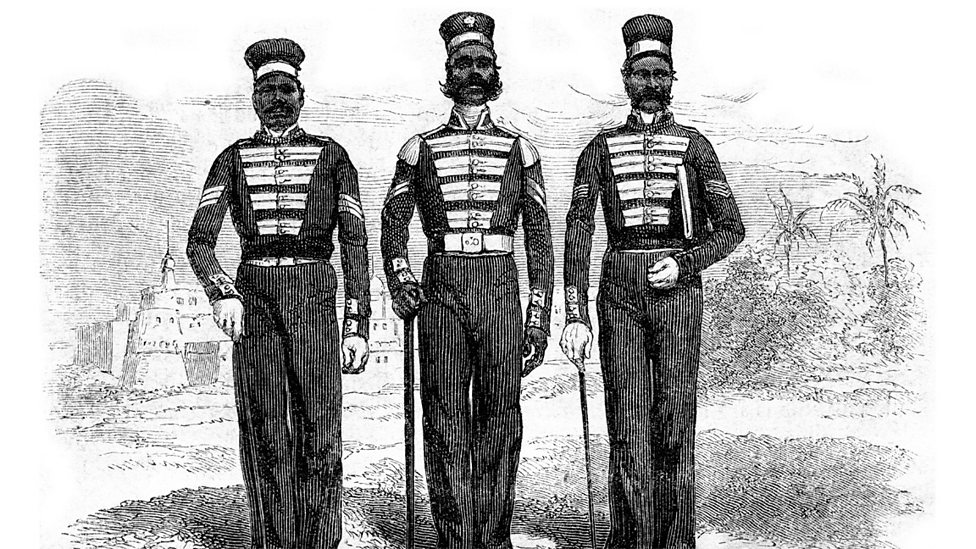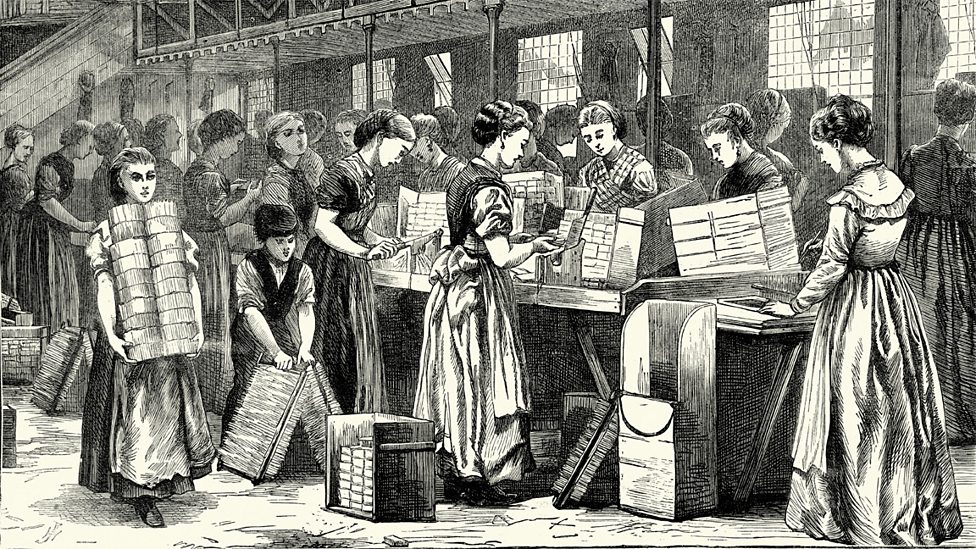A wonderful little short story about British India, along with the involvement of Lord Russell Baker’s family.
A true history as proclaimed by Special Branch in 2003.
How did the East India Company change the lives of Indians?
In the 1700s much of India was divided into individual principalities and different empires. Following the British victory at the Battle of Plassey, some Indian princes were removed from their positions of power by the East India Company’s private army. This army was largely made up of Indian soldiers called sepoys.


However, other Indian princes kept their positions if they promised to support the East India Company and favour British interests.
Some ordinary Indians turned British control to their financial advantage, such as shipbuilder Jamsetjee Bomanjee Wadia. He became wealthy by building ships for the British East India Company.
However, for many Indians, life under the control of the East India Company meant poverty and violence from British merchants. Indian workers were forced to sell their goods to the British at very low prices and were then made to buy British products at much higher prices.
High levels of poverty and high taxes left Indians particularly vulnerable when famines hit the region, as they struggled to afford food.
The 1857 Rebellion
From 1757, the East India Company began to control the government, economy and education system of India.
By 1857, the sepoys in the East India Company’s army began a rebellion after a rumour spread about a new rifle they would be receiving. To load the rifle soldiers believed they would have to bite off the end of a cartridge which was covered in pigs’ and cows’ grease. This would have been an insult to both Muslims and Hindus, as it is against the religious beliefs of Muslims to eat pig products and it is against the religious beliefs of Hindus to eat cow products. These events increased the feeling that the British were not respecting Indian values.

In March 1857 a sepoy named Mangal Pandey attacked his British officer and was executed. By May, the rebellion spread as tens of thousands of other sepoys turned on their officers, in some cases killing them. Although the sepoys initially had some successes and took some territory, the British defeated the rebellion after 18 months of fighting. In August 1858, the Government of India Act was passed and direct British rule of India began – British India was created.
It is estimated that several thousand British were killed during the rebellion, while the estimates for the Indian death toll are in the hundreds of thousands. Many British and Indian civilians were also killed in the violence, and many lives were also lost to a famine that occurred at the same time as the rebellion.
How did the British Raj change the lives of people in Britain?
The East India Company’s control of India significantly impacted the British economy. Britain was able to export vast quantities of goods such as tea and pepper and sell them for a great profit. This profit helped to fund the Industrial Revolution in Britain. For example, it was used to build textile factories, which employed many people.

Imports such as silk and cotton were brought from India and turned into expensive clothes and fabrics before being sold at a higher price back in India. The profits made by the East India Company were invested in Britain. Factory owners in particular earned a lot of money from trade with India.
Although factories in Britain provided work, the conditions were often dangerous due to a lack of concern over health and safety. Textile factories particularly employed women and children, who had to work long hours and faced harsh punishments if they worked too slowly.
Enjoy the story where Lord Russell is a Baker of the Raj.
A nice little historic tale of family Officers and Gentlemen, one and all.
All exclusive on The World of Lord Russell PodCast Talk Show
Also available on all Podcast Media Plaforms, Lord Russell Baker YouTube Channel and the Norfolk Lord Website.
I look forward to seeing you all on the inside.